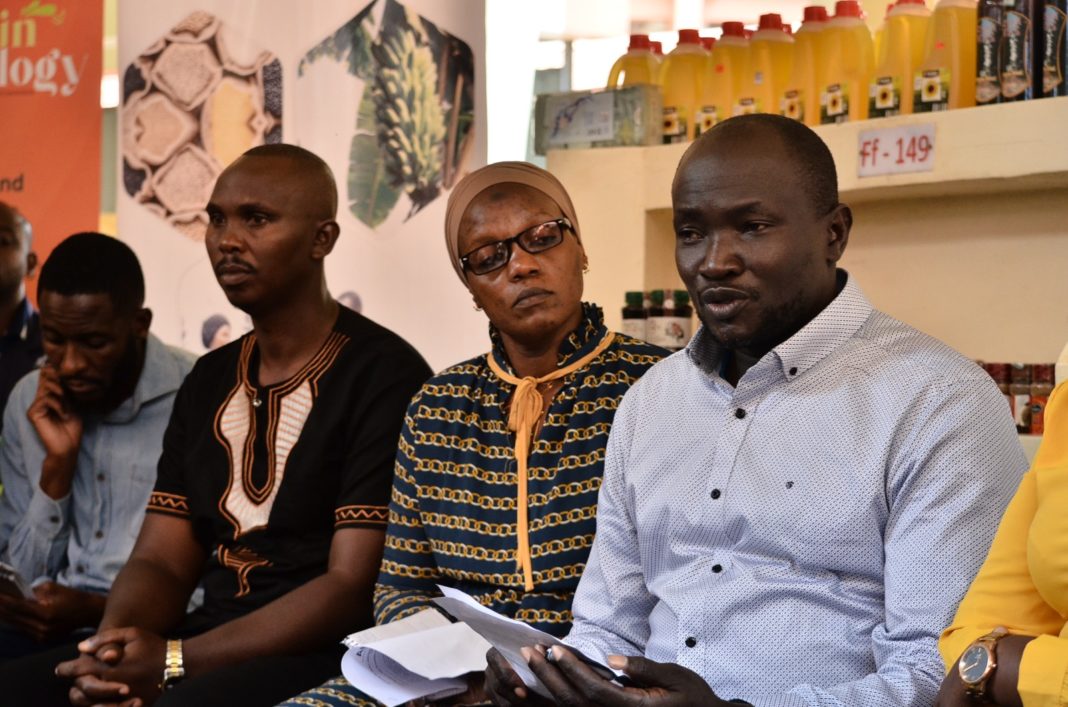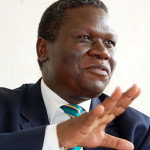“Ugandan Government Urged to Open Markets for Agroecologically Produced Foods: Stakeholders Call for Intervention by KCCA and City Leadership”
Market leaders, farmers, and agroecology suppliers have collectively appealed to the Ugandan government, urging the opening up of markets to promote agroecologically produced foods. In a press conference on Thursday, following a three-day training facilitated by the Alliance for Food Sovereignty in Africa (AFSA) and Participatory Ecological Land Use Management (Pelum) Uganda, stakeholders highlighted the need for government bodies like KCCA, municipalities, and city leadership to ensure that organic products receive dedicated space in market stalls.
The training in Entebbe, attended by market masters from Rwanda and Zimbabwe, covered sustainable farming techniques, natural resource management, and biodiversity conservation. The focus was on creating a sustainable supply chain that benefits all, particularly marginalized groups. During the press conference, market leaders identified challenges hindering the production and access to organic products in territorial markets, emphasizing the government’s role in certifying agroecology farmers and allocating sufficient market space.
Hadija Nalule from Pelum Uganda, one of the facilitators, explained the importance of involving agencies like KCCA in the process to increase the presence of organic products in markets and enhance consumer access. Joseph Mudhasi, chairman of Nakawa Market, criticized the government’s complacency, expressing concerns about the use of harmful chemicals in crop production across the country.
Richard Mugisha, a farmer, countered the notion that agroecology is more expensive, citing his positive experience with increased output without synthetic fertilizers. However, he stressed the need for government support in certifying organic food producers and ensuring market access. Stakeholders praised AFSA and Pelum for their initiative, urging continued engagement to make agroecology more relevant.
Zuena Nantume, Market Master Wandegeya, pledged to advocate for space allocation in her market for organic foods. Blessing Tendekani Muwomo from Pelum Zimbabwe highlighted the workshop’s significance in integrating agroecology in territorial markets, fostering collaboration among farmers, policymakers, and other stakeholders for positive change. Civil society organizations like AFSA and Pelum have actively engaged the government in advocating for healthier food production, participating in the development of the national organic policy and the ongoing national agroecology strategy.







